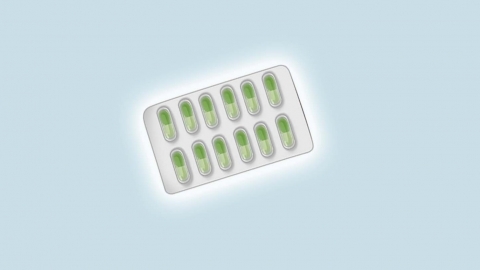What medications should patients with tuberculosis take?
Generally, tuberculosis patients can follow medical advice to use medications such as isoniazid tablets, rifampicin capsules, pyrazinamide tablets, ethambutol hydrochloride tablets, and streptomycin sulfate tablets for treatment. Detailed analysis is as follows:

1. Isoniazid Tablets
Isoniazid tablets are broad-spectrum anti-tuberculosis drugs that strongly inhibit Mycobacterium tuberculosis and are commonly used during the initial treatment phase of tuberculosis.
2. Rifampicin Capsules
Rifampicin capsules are potent anti-tuberculosis drugs that can penetrate bacterial cell walls and interfere with RNA synthesis, showing effectiveness against various types of Mycobacterium tuberculosis.
3. Pyrazinamide Tablets
Pyrazinamide works in acidic environments and has bactericidal effects on Mycobacterium tuberculosis residing within phagocytes, making it particularly suitable for early-stage treatment.
4. Ethambutol Hydrochloride Tablets
Ethambutol hydrochloride tablets inhibit Mycobacterium tuberculosis and are used in combination with other anti-tuberculosis drugs for treating both pulmonary and extrapulmonary tuberculosis caused by Mycobacterium tuberculosis.
5. Streptomycin Sulfate Tablets
Streptomycin sulfate tablets are aminoglycoside antibiotics that exert anti-tuberculosis effects by interfering with bacterial protein synthesis. However, potential ototoxicity should be noted during use.
Patients should strictly follow the doctor's instructions, take medications on time, undergo regular follow-up examinations, and maintain healthy lifestyle and dietary habits to facilitate recovery.






